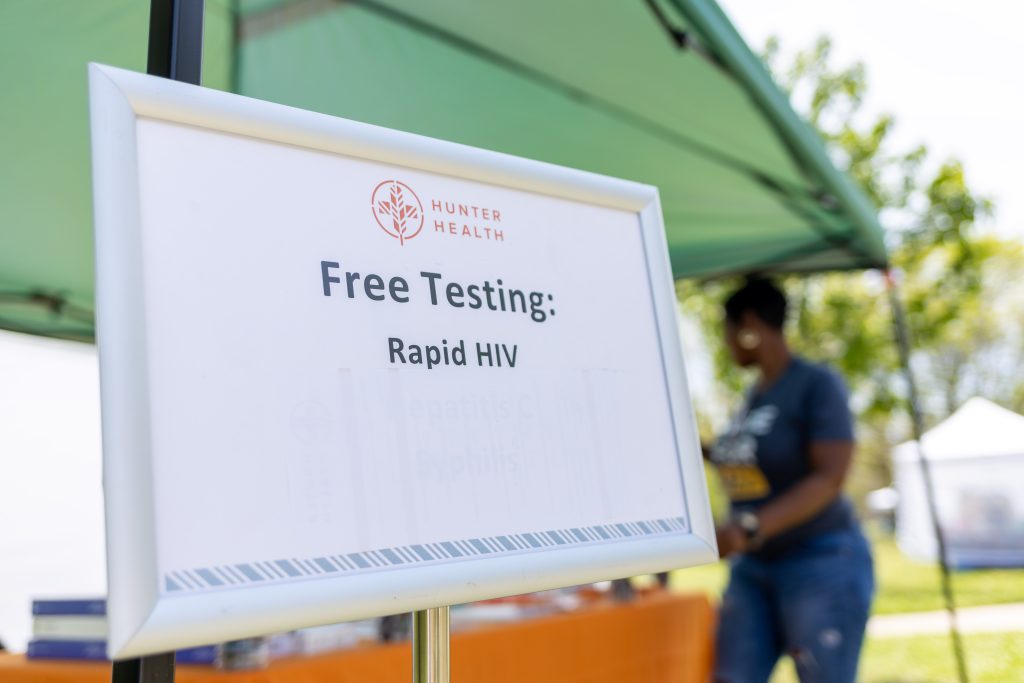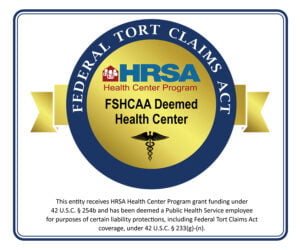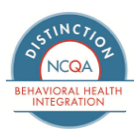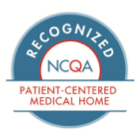July 27th is National HIV Testing Day.
Since it first began in 1995, the day has served as an important reminder of the need to get tested for HIV, and aims to tackle many of the questions and fears that prevent people from doing so.
HIV.Gov reports roughly 1.1 million Americans are living with HIV today. But not all of them know it. In fact, about 15 percent (or 1 in 7) of them are not aware they are living with HIV. That means there are around 165,000 people in the U.S. who do not know that they are living with HIV.
Right now, the CDC says fewer than 40% of Americans have ever taken an HIV test, and fewer than 30% of Americans most at risk for HIV were tested in the past year.
At Hunter Health, our outreach team works hard to make HIV testing and resources more available, and tackle the stigma against them. Community Health Manager Tara Nolen calls the day a “positive light on the HIV epidemic that we’ve had going on for so many years.”
If you’re reading this, get tested for HIV.
If you’ve never been tested for HIV and are wondering if you should, the answer is yes. Regardless of your background, experiences, or overall health, the only way to guarantee complete wellness is by getting tested.
“People should get tested once in their lifetime, no matter what,” Nolen says. “No matter if they think they’ve been risky with sexual behavior or not because it’s not something only specific people can get.”
The CDC says there are a number of ways you could test positive for HIV without any exposure through sexual contact.
Here are three of the most common.
- Transmitted from a mother to her baby during pregnancy, birth, or breastfeeding.
- Sharing needles, syringes, or other drug injection equipment with someone who has HIV.
- Injury on the job with a contaminated needle, or other sharp objects.
Battling the fear
Despite the need get to tested, many are hesitant to do so for a variety of reasons. But, many share a fear based on a misunderstanding of how the test works.
“There’s the standard fear of needle pokes,” Nolen says. “They don’t realize that our rapid test is just a finger prick. It’s just five drops of blood, a finger prick, and within a minute you have a good idea of whether you’re positive or not.”
Other concerns come from a fear of knowing – even if the result is negative – to avoid any expected life changes or stigma that could follow a positive result.
“The one thing we make sure to do is say to people ‘hey, we’re not here to judge you. You’re doing the right thing by coming to find out whether you’re positive or not. Whatever happened up until this point, you’re doing the right thing now.’”
Despite these fears, when the results come, Nolen says the patients are generally grateful for getting a better understanding of their health.
“People will thank you for telling them they’re positive because maybe they’ve been sick for months and all the answers led nowhere, but now they know. And then I’ve had people hug me crying with a negative result because they were so relieved.”
So, you want to get tested. What’s next?
Just as an HIV test is not invasive or time-consuming, a positive result is not a death sentence. Hunter Health offers a variety of testing options and linkage to care to help you live a happy, healthy, and informed life.
We offer walk-in testing with no appointment required, and rapid HIV tests with results available in one minute. Our providers speak with patients between ages 15 and 65 about HIV and offer them a test – no matter the reason for their appointment. And our outreach staff brings those HIV resources directly to the underserved communities that need them most.
While Hunter Health is not a treatment site, we connect you with the Sedgwick County Health Department for a program called Linkage-to-Care, providing treatment, care managers, and other resources. Learn more about the Linkage-to-Care program HERE.
Still unsure about HIV and getting tested? Here are three of the most common questions you have, answered by our experts.
1. Do contraceptives prevent the transmission of HIV?
Contraceptives do help, but are not 100% effective. If you’ve ever been sexually active, you should get tested. Another option for those at high risk for HIV is PrEP, which protects from HIV 98% of the time through preventative medicine.
2. How long does a positive result last?
A positive result lasts forever. However, if you’ve followed treatment long enough, you could reach a U=U status, meaning Undetectable = Untransmittable. This can occur when HIV remains undetectable for at least six months after your first undetectable test result, and means you can’t transmit the virus to someone else. However, you’ll still want to take medication as directed, and use protection.
3. Can an HIV test give you HIV?
No, an HIV test cannot give you HIV.
4. Can an HIV test detect AIDS?
A test like you’d receive at Hunter Health cannot detect AIDS, also known as HIV Stage 3. That’s because AIDS causes your body’s immune system to essentially shut down, and therefore would not show up on our tests. However, if you do test positive at Hunter Health, we will monitor your immune system to ensure you maintain your best health.
Know Your Status
If you are looking for ways to reduce your risk for HIV, or if you received a positive diagnosis and need support in creating a plan, we are here for you. From testing to treatment, we will support you every step of the way. Click HERE to learn more about our HIV/STI testing and treatment options, or call us at (316) 262-2415.





